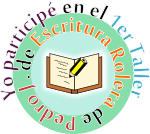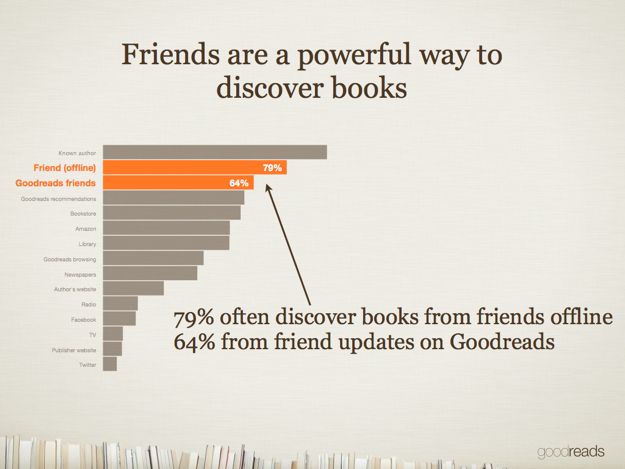http://wizards.com/dnd/Article.aspx?x=dnd/4ll/20120220
Información:
The Challenge
of High Level Play
of High Level Play
Legends and Lore
Monte Cook
n every single edition, when you start talking about high-level play, someone invariably says that the game breaks down after about 12th level. (Sometimes they say 10th, sometimes 8th, sometimes 15th, and so on—the point is the same.) This "truism" of D&D is so ingrained that it doesn't matter what edition you are talking about. So, despite the fact that high-level 4th Edition play is quite different than high-level 1st Edition play, the general commentary about how high-level play breaks down remains the same.
As a fan of high-level play across the editions, I've never agreed fully with the idea that the game breaks down. I think, however, there's some validity to it, but only if you look at it a certain way. What people are recognizing is that, at a certain level, play changes. As I see it, there are three such break points in the game—low level, mid level, and high level. Fourth Edition does a nice job of recognizing these changes, I think, and the changes don't focus on how the characters become more powerful and how the challenges they face grow more difficult. Instead, the very game changes. The three tiers of the game, along with the commensurate change in character power, influence, and potential foes, makes a lot of sense.

A game where characters run around in a dungeon and hit things with swords is arguably a completely different game than one in which they teleport from place to place and disintegrate vast hordes of enemies with artifacts. In fact, they should be different games. I think that players who appreciate the different levels of play want them to be different. (The people who say that the game breaks down at such-and-such a level are self-defining themselves as people who don't care for that style of high-level play, which is fine, of course!)
Some players like low-level, gritty, "where am I going to get two more silver pieces to afford to eat today" kinds of games. Others want to fight basilisks and save the whole town from an invasion of troglodytes. And still others want to create their own plane of existence and lay waste to planets. (And plenty want to do two or all three of these things.) Recognizing these different desires and needs allows game designers to tailor gameplay to suit them.
This means that, perhaps, certain activities, conditions, and effects could and should be level-based. Perhaps teleportation of any kind should be a mid- or high-level effect. Energy drain or ability damaging effects could be medium. Planar travel should be high-level. And so on.
What I am really getting at here is that the level of the game affects the complexity both of the story and the mechanics. (That's not to say that a low-level story can't be deep and meaningful, but it probably doesn't involve multiple levels of reality or the nature of deities.) The level drives expectations, and I think that it behooves a designer to meet those expectations.
































